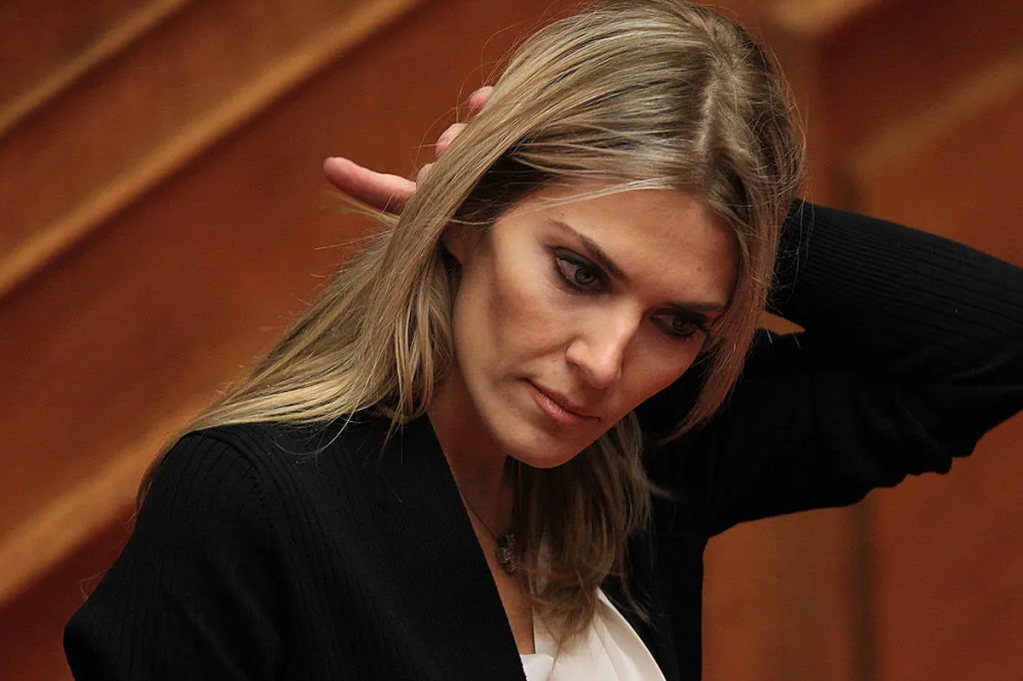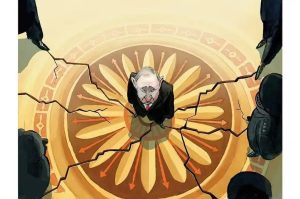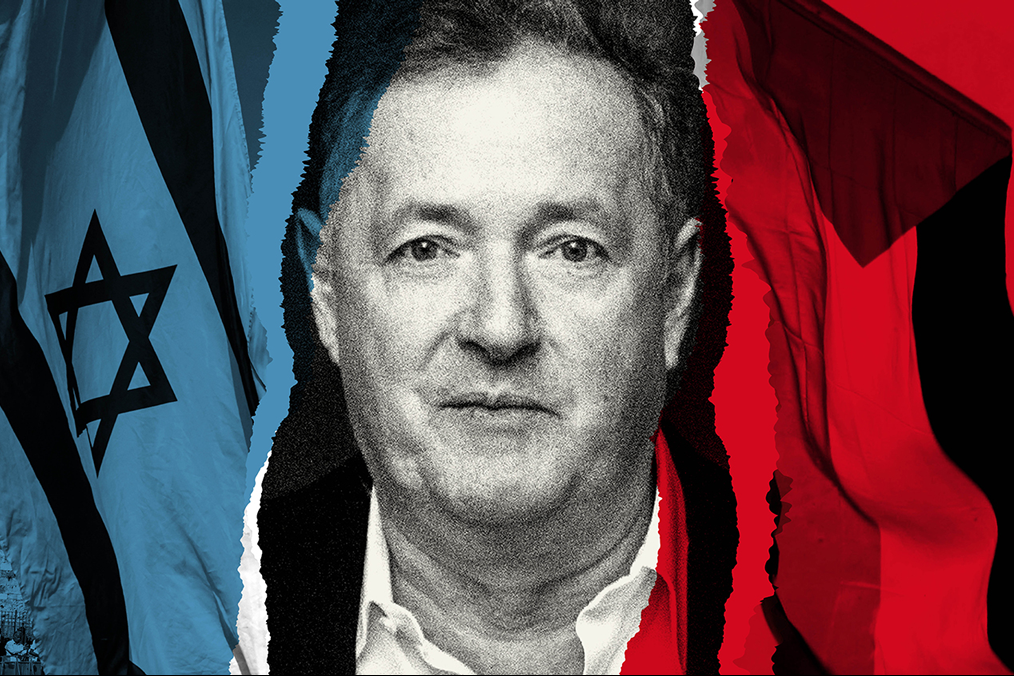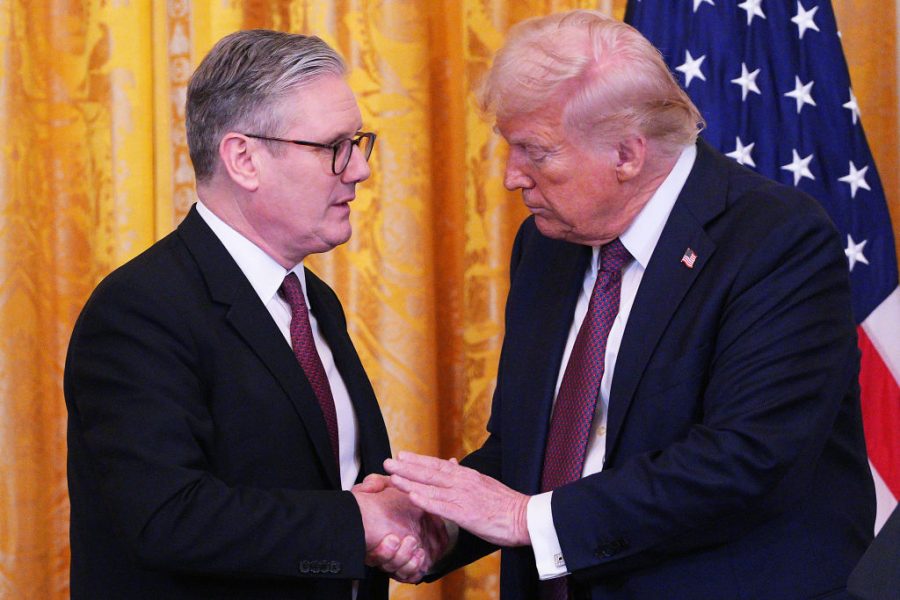The corruption scandal embroiling the European Parliament and the European Union’s institutions at the highest level is shaping up to be its biggest to date. Belgian police have arrested Eva Kaili, a vice-president of the parliament, and three others in an investigation into alleged bribes involving spectacular sums in cash, allegedly from Qatar, to influence EU officials and parliamentary voting.
“The shockwave of ‘Qatargate” is Le Monde’s take on a story it says threatens to “destabilize Europe’s institutions.” This isn’t an exaggeration: the probe ripples out to the whole progressive ecosystem surrounding the parliament. Among the suspects, according to the BBC, is former MEP Pier Antonio Panzeri, who now manages the human rights group Fight Impunity. The European Parliament has scheduled an emergency debate and has already stripped Kaili of her roles, which involved relations with the Middle East.
Collateral damage is already visible. Before the scandal broke, France’s President Emmanuel Macron was set to make good his promise to fly to Qatar as Les Bleus play Morocco in the World Cup semi-finals on Wednesday. This was already controversial given the calls to boycott Qatar. Demands for Macron to cancel his trip are growing. The EU’s staunchest supporter could be confronted with double embarrassment if he refuses. Macron, who is already under investigation for his presidential campaign expenses, could find France’s arms sales to Qatar float to the surface just as he is facing serious political and social unrest at home.
Meanwhile the EU’s most vocal critic, Viktor Orbán, is gloating at the story. “Good morning to the European parliament!,” he tweeted in English sarcastically: “And then they said the EP (European Parliament) is seriously concerned about corruption in Hungary.” The tweet carried a photo of former American presidents Ronald Reagan and George Bush bursting into laughter.
What will be most interesting is how the scandal plays out among the EU’s supporters in Britain, who have been making hay since Liz Truss mini-budget. Britain’s “plunge into the abyss” is sometimes attributed by these folk to Brexit. Will this scandal see the scales fall from their eyes? From the EU, to Macron and Orbán, will the idols and enemies of the British urban elites be reassessed? Will Britain not seem so discreditable after all?
George Orwell famously quipped that almost any English intellectual would feel more ashamed of standing up for the national anthem than stealing from a poor box:
England is perhaps the only great country whose intellectuals are ashamed of their own nationality. In left-wing circles it is always felt that there is something slightly disgraceful in being an Englishman and that it is a duty to snigger at every English institution…
Since Orwell’s day that disparaging sentiment has not gone away. It is second nature for some people to gloat when Britain is buffeted in what Orwell called “negative nationalism.”
“Within the intelligentsia, a derisive and mildly hostile attitude towards Britain is more or less compulsory,” claimed Orwell in his 1945 essay “Notes on Nationalism.”
Today, “progressive” people continue to idealize an “imagined” EU; it is assumed uncritically to be more pure, resilient, stronger and able to meet international challenges than a despised England, especially following Brexit.
Orwell again in 1941:
In intention, at any rate, the English intelligentsia are Europeanised. They take their cookery from Paris and their opinions from Moscow (now read Brussels).
The infatuation is aided sometimes by frequent visits or second homes in idyllic French settings conveniently distant from a seedier France profonde. As Le Monde implies, the scandal brewing in the EU has the potential to shake its institutions to the core. But the impact it could have on the imagined idea of the EU and of president Macron’s France held dearly by some Brits could be far more revealing.
This article was originally published on The Spectator’s UK website.

























